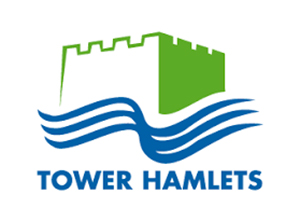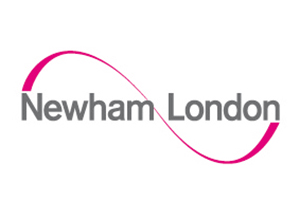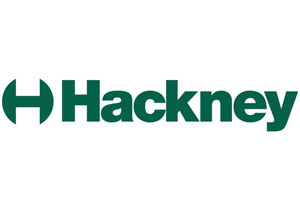As we know that, direct payments are local Health and Social Care (HSC) Trust payments for people who have been assessed as needing help from social services, and who would like to arrange and pay for their own care and support services instead of receiving them directly from the local trust.
Service user must be able to give their consent to receiving direct payments and be able to manage them even if they need help to do this on a day-to-day basis.
Instead of asking for a contribution towards the cost of care services the council or local authorities may offer direct payments, an amount of money they have assessed as you needing to enable you to buy in the services you need yourself. The money must be spent on meeting your assessed needs and records have to be kept as to how the money is spent. Receiving direct payments does give you the choice of who the supplier is and can be used to purchase most community services. They cannot though be used to pay a relative or someone else living with you unless they are specifically employed as a live in care worker.
To paying a care worker directly could mean that you are an employer and with that comes employer’s responsibilities for example deducting and accounting for PAYE tax and National Insurance.
Your direct payments can be stopped at anytime if you would prefer the council to arrange and provide the services you need.
The amount you receive will depend on the assessment your local authority’s makes of your needs. Direct payments are made directly into your bank, building society, Post Office or National Savings’ account. Even if you need someone who cares for you to collect your money, or you are registered blind, payment can be made by sending a cheque which can be cashed at the Post Office.



